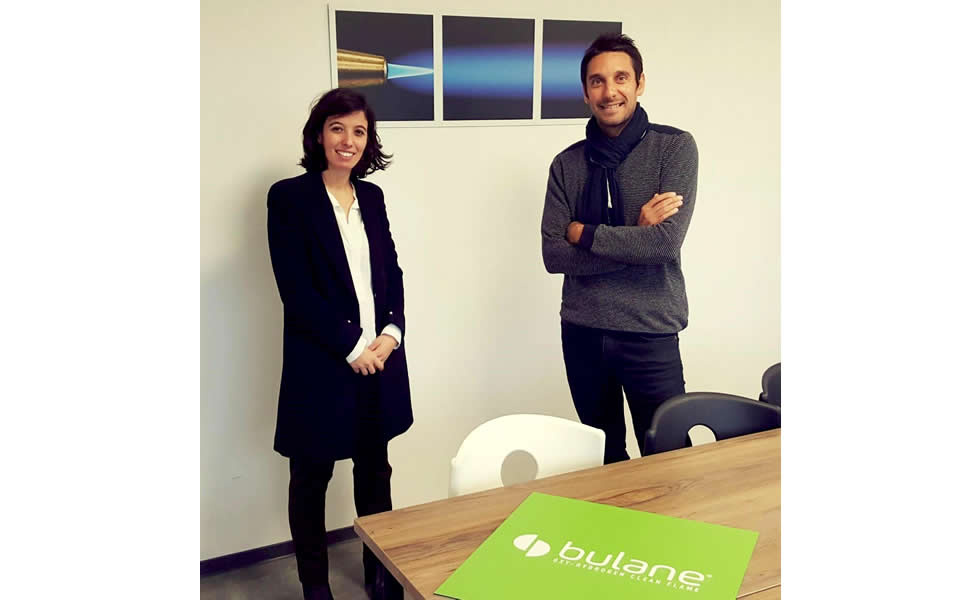“You succeed together, not alone”

Nicolas Jerez, CEO of Bulane ©DR
Why did you decide to create Bulane in the Montpellier Métropole territory?
I am originally from Lyon and I did my university studies in Montpellier. My main reasons for staying here to develop a project in the hydrogen field were, in particular, the Montpellier BIC ecosystem and the positive vitality of Cap Alpha and Cap Omega. I always had everything I needed. Also, there were a lot of people with scientific skills in material technologies and hydrogen at University of Montpellier, Institut Carnot, and the Balard Higher School of Chemistry. Our incubation at LRI gave us a good location at the university of science, which served as our headquarters for two and a half years. I would like to take this opportunity to thank the organizations that helped Bulane at the start, notably the regional technology transfer agency Transferts LR, LRI, and the Alès Mines School of Engineering.How did Montpellier BIC and its teams contribute to your success?
Assistance from Montpellier BIC helped position Bulane at the heart of an ecosystem that is as dynamic as it is effective. In addition, training programs played a key role in our work to structure the project, such as the essential EMBA by Labex Entreprendre. The BIC team challenged me on many aspects of the project, such as our business plan and even the technology. I understood that it was going to take some time and that it wouldn’t be done in just three years. Montpellier BIC also helped us seek funding. Back in 2010, that is something that most definitely helped us move forward. The territory’s strength is that people know each other and engage in networking together. That creates emulation. You succeed together, not alone.What advice would you give to young entrepreneurs who want to start a company?
Be very practical! You need to write down your value proposal as early as possible and then face the market to challenge your idea. You cannot be the unique judge of your own proposal. You can't even really be your own user. It’s better to “get out” and start selling the product or service and adjust based on what you find in the market. Value often comes from things that you may not have thought about on your own. Adaptability and agility are the keys. Moving forward in iterations is a way to reduce risks. I would also recommend that startup founders remain humble in their forecasts. Many people are a little disconnected from reality.I feel that I was very lucky to have so many good people around me to help make the right decisions. In order to move forward, you need to have objective, honest, and critical people that ask “real” questions. I also connected with professional networks such as Leader and Entreprendre. Many entrepreneurs are willing to share their experience. A well-meaning and competent group of people can seriously help consolidate projects.


